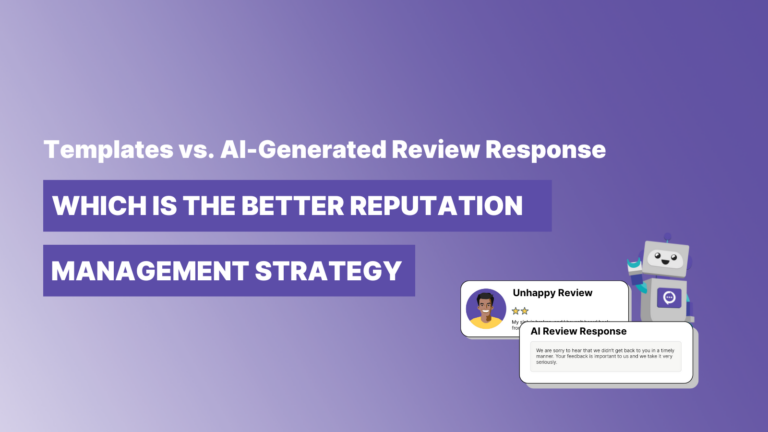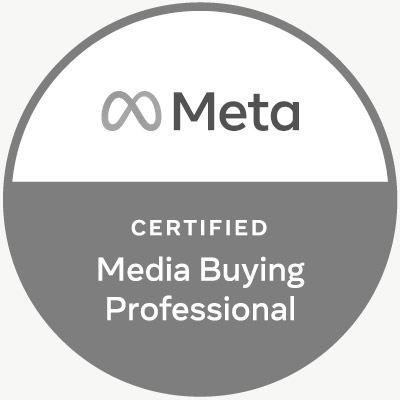Google is pulling the plug on Google+ this April. With less than a month left to go, we think now is as good a time as ever to take a look back on the ill-fated social media platform. Here’s a quick rundown on the history of Google+, why it may have failed, and what’s left in its place.
History of Google Plus
Google first launched Google+ in 2011. Online marketers will recognize this as the year that many industry blogs confidently proclaimed that “search is dead,” and that social would be the new driving force of traffic and e-commerce. In hindsight, we all know that wasn’t the case. But it’s also clear that Larry Page – who had been named CEO of Google in April 2011 – feared the rumors were true. In his first week as CEO, Page sent a company wide memo tying 25% of employee bonuses to Google’s success in social.
The memo must have motivated workers. In the months that followed Page’s memo, new Google + features rolled out left and right. Some of these features, particularly Google Authorship, were quickly embraced (and exploited) by SEOs looking to stake their claim on uncharted territory. And for a short time at least, some reaped the benefits. Unfortunately, none of it was meant to last.
While Google+ was embraced by a select niche of marketers, writers, and people who were simply fed up with Facebook, it failed to earn the adoration of the masses. Slowly but surely, users stopped engaging with the platform. And in 2018, Google announced that it would shutter its social experiment the following year.
Is Google My Business the New and Improved Google+?
In a way, it’s silly to compare Google+ to Google My Business. After all, the two existed simultaneously as separate products for roughly five years. Still, from a search marketer’s perspective, it’s hard to deny certain similarities.
The most obvious of these is the Google My Business “posts” feature, which is a clearly a spinoff of Google+ posts. With Google+ on its way out, Google My Business is a great alternative, and in fact, is something every multifamily marketer should be using.
Why Apartment Marketers Should Use Google My Business
Better Search Visibility
Having an optimized GMB profile allows your property to rank in Google’s three-pack, a section of listings in Google Search that typically appear below Paid Ads and above organic results. This section receives a lot of attention from users and increases your visibility to prospects. It also gives interested users one-click access to your website and directions to your physical location.
Reviews
Google Reviews is currently the most popular online review platform. By claiming your GMB listing, you’re able to easily display and respond to reviews about your community. This can give you a positive online reputation directly within Search, increasing the likelihood that people will click on your property’s website listing.
Special Offers and Events
Posting about your current offers and local events happening around your properties provides another social channel and helps you stand out.
Q&A
One of the more recent additions to Google My Business is the new Questions and Answers section. As you may have guessed, this section allows users to ask questions about your community – such as what kind of amenities you offer – and have those questions answered by other users. Alternatively, you can post questions and respond to them yourself. This is a great way to let prospects discover more about your community before they even visit your site.
Check out some of our other posts to learn why Google My Business is so important for multifamily marketing and how you can use it to your advantage.
Where You Can Start
No matter how many properties you have, Respage can set you up to manage your Google My Business all from one dashboard. Learn how Respage can help you get started with Google My Business for multifamily.





